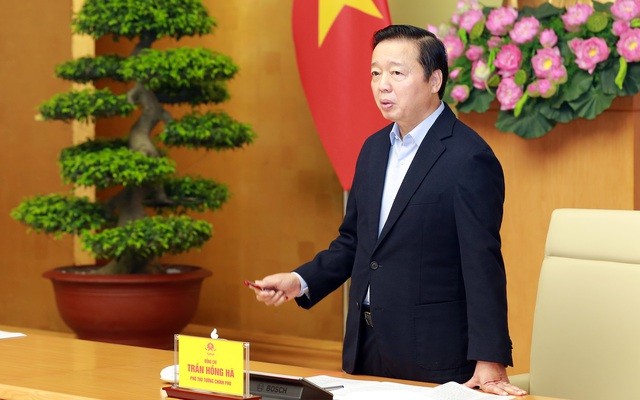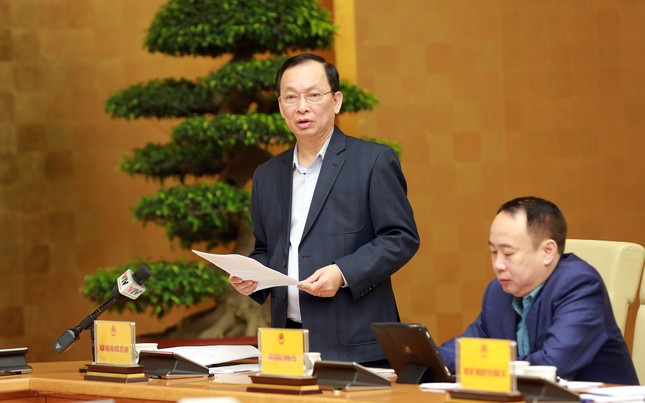Resolving Real Estate Business Recommendations Requires Specific Address and Time

The government of Vietnam has been taking steps to address the concerns and recommendations of real estate businesses in the country. In a recent meeting chaired by Deputy Prime Minister Trần Hồng Hà, the government discussed the challenges faced by localities and businesses in implementing real estate projects following the amendments to relevant laws.
Deputy Prime Minister Trần Hồng Hà emphasized that the government has shown great interest and commitment to resolving the difficulties in the real estate market. Various forums and meetings have been organized to gather feedback and find solutions. The government and the National Assembly have also worked on revising laws and preparing guidelines to ensure smooth implementation.

During the meeting, Deputy Governor of the State Bank of Vietnam, Đào Minh Tú, highlighted the close connection between the real estate sector and the banking industry. He stressed the need for strict control of credit in high-risk areas, as speculation and price manipulation hinder the consumption of real estate products and disrupt capital flows.
One of the key challenges discussed was the disbursement of the 120 trillion VND credit package for social housing. Representatives from banks such as BIDV, Agribank, Vietinbank, and the Hanoi People’s Committee mentioned difficulties in meeting the financial capacity, collateral assets, liquidity, and profit constraints of social housing projects. It was also noted that not all real estate businesses involved in social housing projects require loans, as some have their own capital.
In conclusion, Deputy Prime Minister Trần Hồng Hà emphasized that the development of a healthy real estate market contributes to the socio-economic growth of Vietnam by creating employment opportunities and ensuring people’s access to housing. He urged the Ministry of Construction to identify key issues that can be resolved through amendments to land, housing, and real estate business laws. Specific addresses and timelines should be provided for addressing the recommendations of businesses and localities. The responsibility of each ministry and locality should be clearly defined, and the calculation of people’s needs and allocation of land for housing projects should be carried out comprehensively.
Regarding funding for social housing projects, Deputy Prime Minister Trần Hồng Hà called for long-term financial policies that support favorable interest rates for credit loans. He also proposed the establishment of a social housing investment fund, comprising state budget contributions and contributions from businesses, equivalent to 20% of the costs of social housing construction in commercial housing projects.
In summary, the government is committed to resolving the concerns and recommendations put forward by real estate businesses and localities. By providing specific addresses, timelines, and clear responsibilities, the government aims to regain trust in the real estate market and promote its healthy development.
To read more about the latest business news, visit Business Today.
